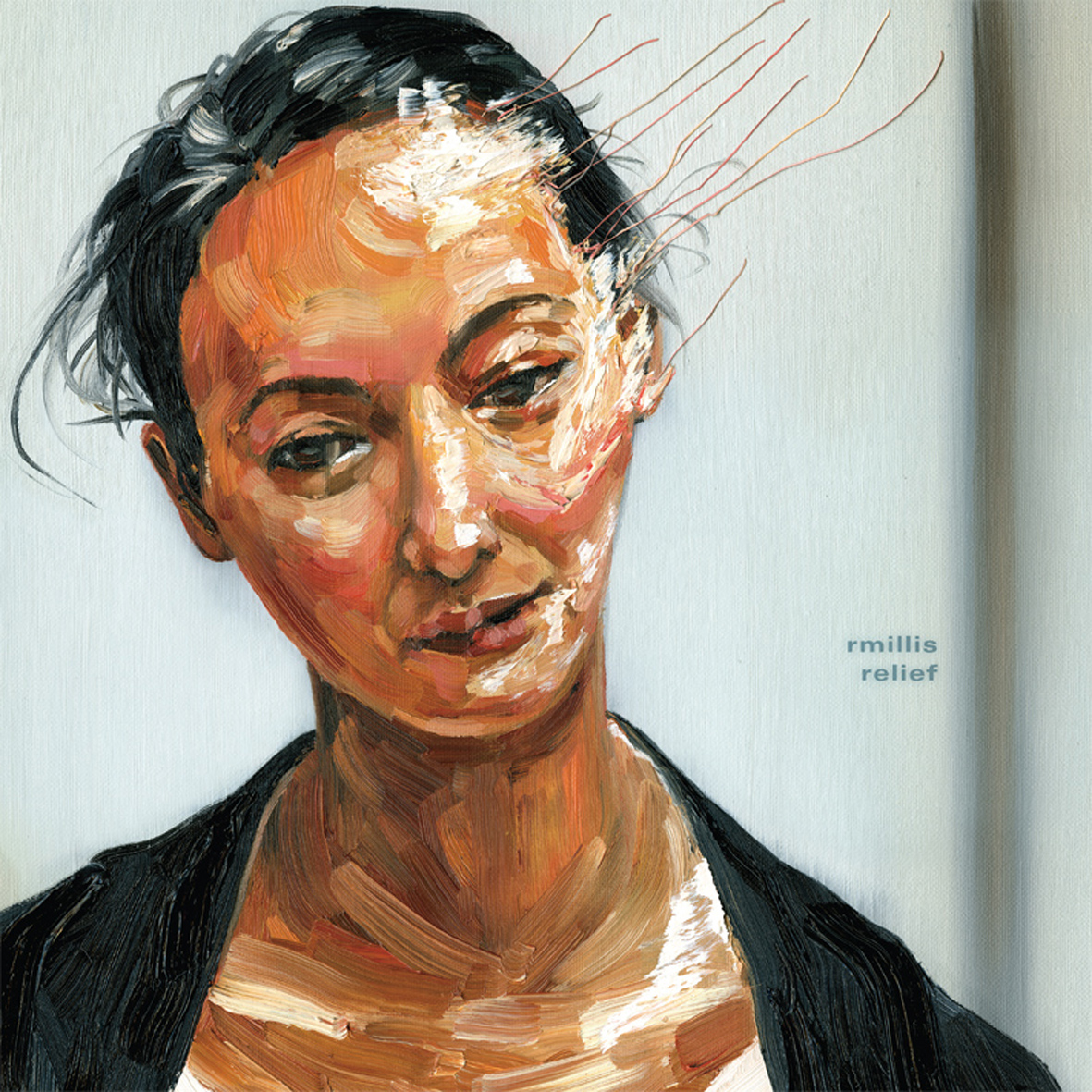
Robert Millis is not exactly a household name, but anyone with a healthy curiosity for the musical fringes has probably unknowingly encountered at least one thing that he has been involved in over his lengthy career.  Recently, he has been most prolific as a filmmaker for Sublime Frequencies, but he has also curated or worked on some of the most interesting compilations to emerge over the last several years (Dust-to Digital's Victrola Favorites, for example).  He is also one of the founding members of Climax Golden Twins as well as an occasional solo artist, as he is here.  Appropriately, Relief seamlessly blends together many of Millis' esoteric pursuits, but it does so in a more understated, raga-drone way than I expected.
Curiously, this album is described by the label as "more Nurse With Wound than The Caretaker," invoking two artists that have little overt resemblance to what it is that Millis does.  There are certainly fleeting elements of both (brief snatches of surrealist whimsy and brooding orchestral passages, respectively), but Relief does not particularly warrant comparisons to any auteurs, resembling a fairly straightforward drone album assembled from very unstraightforward materials.  It is certainly a very good drone album, but its distinctive traits are generally quite subtle, abstract, or ephemeral in nature.
The most uniquely Millis-ian touch to be found is that many of the droning, repeating motifs sound like they could be blurred, stretched, and pitch-shifted samples from some long-lost Molam or Luk Thung obscurities or one of Robert's recently anthologized 78s from Korea or Burma.  Almost all of these five pieces betray those origins or inspirations in one way or another, but they all offer their own twists to the formula as well.  The most successful of the lot is probably the opening "Secret Sentence," which buffers its hazy burbling loop with a kitschy old dialogue snippet and an unexpected plunge into dark orchestral tumult.  The closing title piece is similarly successful, yet radically different in structure, spending most of its 16 minutes engaging in gently quavering, one-chord drone before slowly giving way to what sounds like an especially insistent dripping.
The other aspect to Relief that stands-out is a particularly weird, muted strain of unpredictability.  The aforementioned "Relief," for example, continues beyond its logical conclusion point into a throbbing, hallucinatory coda mingled with pastoral piano noodling.  Also, the aberrant "Second Lord of the Auspicious Conjunction" is wrong-footing in almost every respect, sounding like snatches of a classical album being heard through some kind of disquieting and dissonant supernatural fog before being violently interrupted by vinyl crackle and returning as a new piece.  The overall feeling is like having a nightmare about an indecisive ghost who cannot make it through an entire song without restlessly flipping the record.  Which, of course, is fairly novel and enjoyable (for me, anyway).
Ultimately, Relief feels like a somewhat slight album, but endearingly and willfully so.  Part of me definitely wishes Millis had not devoted so much of its running time to simple droning loops and repetition (and amateurish one-finger piano interludes), yet Millis' patience, confidence, and odd sensibility give the album a woozy, sublime, and unhurried charm.  In that deeper and somewhat nebulous sense, this effort is actually quite unique: Millis is the rare artist who egolessly lets sounds flow (rather than conspicuously exerting his will) and hints at depth and exoticism (rather than making things explicit).  While Relief sounds contemporary, it feels like it comes from a very different aesthetic place than the here and now.  Which, I suppose, makes it something of a minor triumph.
 
 
Read More

